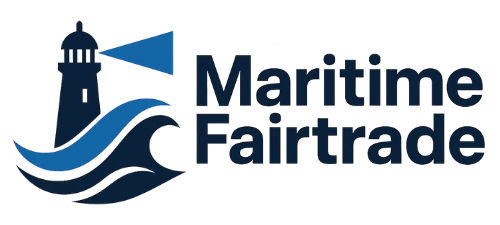As the Philippines prepares to take over the Asean chair from Malaysia in 2026, President Ferdinand Marcos Jr. has emphasized the country’s commitment to establishing a final and binding Code of Conduct (COC) for the South China Sea. In a recent podcast interview, Marcos expressed the urgent need for a legally binding agreement aimed at ensuring stability amid ongoing maritime disputes, particularly with China.
Marcos noted that the maritime zones surrounding the Philippines have increasingly become “the most volatile parts” of the South China Sea. He acknowledged that a robust COC is crucial for managing interactions between claimant states in the region, particularly to mitigate tensions and prevent provocative actions such as ship collisions and the continued construction of artificial islands.
The backdrop to these discussions is significant; in 2016, an international tribunal ruled in favor of the Philippines’ territorial claims in the South China Sea. However, China has consistently rejected this ruling, maintaining its expansive claims under the so-called nine-dash line, which it argues is supported by historical accounts. This ongoing rejection by Beijing has complicated diplomatic efforts in the region and heightened the urgency for a COC.
Marcos affirmed that the Philippines would actively engage in negotiations to finalize the COC, stressing that it must clearly outline acceptable behaviors for all involved parties. The COC is intended to provide a framework for interactions in the contested waters, ideally reducing the risk of conflict and enhancing cooperation among the Asean member states. By setting clear expectations and guidelines for conduct, the agreement aims to foster a more predictable and stable maritime environment.
The push for a binding COC is not only a diplomatic initiative but also reflects broader strategic interests, as the Philippines seeks to assert its rights and safeguard its maritime territories against potential encroachments. Such an agreement would significantly bolster the Philippines’ position in the region, aligning with its national interests and those of its Asean partners.
Marcos’s administration appears determined to seize the opportunity of the upcoming chairmanship to advance this important issue, showcasing a proactive stance in addressing regional maritime challenges. The impending leadership in Asean presents Manila with a platform to advocate for its maritime rights and collaborate with neighboring countries to address shared concerns over security and stability in the South China Sea.
In conclusion, the Philippines is set to prioritize the pursuit of a legally binding COC as it steps into its Asean leadership role, aiming to establish clear parameters for behavior in one of the world’s most contested waters, amidst a backdrop of complex geopolitical tensions and historical claims.
Source link










